At HoCoSo, we anticipate this next chapter in the history of hospitality to be one of discovery; of finding new ways to establish our industry on a dramatically more sustainable footing; of catching the wave of innovation; of utilising technology effectively; and of nurturing our industry’s most valuable asset – people.
Based on this, HoCoSo CONNECT is back with a new five-programme series, focusing on opportunity, solutions and best practices. Our fourth discussion explored the “S” (Social) and “G” (Governance) in Hospitality ESG.
Hosting the roundtable discussion was HoCoSo’s Chris Mumford, Head of Leadership Services. He was joined by some of our industry’s brightest minds.
The role of ESG in investment considerations has rapidly grown in significance and importance over the recent past few years as the public try to get business do their part in the fight to save the planet. ESG is quickly becoming a core consideration for investment decisions. A Morgan Stanley survey recently found that nearly 90% of millennial investors were interested in pursuing investments that more closely reflect the values they hold. The recent Questex Investor Sentiment study established that two thirds of hotel investors are embedding environmental sustainability and social responsibility through their HMA or other mechanisms.
What prompted this HoCoSo Connect discussion in particular was our observation that most of the talk around ESG, and most of what you see hotel companies paying attention to, revolves predominantly around the ‘E’, the environment. Obviously a very big and important issue and it’s great to see hotel businesses seriously tackle sustainability head on. But generally in our industry we see less coverage of initiatives concerning social impact and governance. When we talk about ‘Social’ we are looking at metrics in areas such as guest & employee health & safety, diversity & inclusion, human rights, community engagement, job creation. For ‘Governance’ it’s things like: board diversity, executive pay practices, transparency & company ethics.
Exploring the ‘S’ and ‘G’ in Hospitality ESG, part of ‘The Recovery Series’ hosted by HoCoSo’s Head of Leadership Services Chris Mumford, in conversation with three industry professionals, set out to learn more about the sensitive and often misunderstood nature of the issue, how far the industry has come, what remain the barriers to entry and what some of the most plausible solutions are, or could be.
Chris began by asking for an overview of where ESG is heading and how do various real estate sectors compare against one another.
Taking the lead in answering that question was Arjan Keijzer, Senior Sustainability Consultant and Founder of UpCycle, an independent strategic partner and sustainability think tank providing solutions for real estate companies globally.
“The green aspect definitely has the highest priority. We see this happening across different sectors. But in real estate and specifically hospitality, the real focus remains on finding more efficient ways to reduce energy and water consumption. This is especially important since the hospitality sector is one of the highest intensity sectors out there. Furthermore, we now see companies trying to measure the socio-economic impact in terms of how many local jobs have been generated and the impact this has had on the local community,” Arjan explained.
According to Anne-Marie Auriault, Managing Director at Pimlico Asset Management and expert in ESG impact and sustainable practices in the field of real estate including residential, commercial and hotel sectors, “Different focus on ESG initiatives is dependent on a brand’s dominant business model and therefore varies tremendously in focus and approach.”
Operators have different priorities and methods to institute these. And while cost is one barrier to entry, a deeper understanding of the necessity and the effects ESG will have on the bottom line in the long run remains a target that many at the helm still fail to fully grasp, though seem more open to learn. “Concurrently, more customers today are thinking about sustainability, which also factors into their choice of venue. So, if an operator can justify a return on investment through an environmental initiative, the payback would prove motivational and to the benefit of all,” Anne-Marie clarified.
Arjan further adds that the type of strategy and changing owners is detrimental on such initiatives. “The problem metastisises if you are a short term investor or a new owner. To really feel and see the difference requires time and when management is constantly changing or there is heavy emphasis on a short-term strategy, then none of these initiatives will be afforded a chance to make an impact.”
On the other hand, Anne-Marie clarified, that it’s easier to institute such an initiative when launching a brand new property from scratch. This brought to light another pertinent matter that all hotel owners should literally take to heart when considering their core brand values when opening novel hotels and retreats.
“There are things we really want to change in anticipation of what is to come. Keep in mind that by 2030, roughly 75 percent of the workforce will be millennials who have a strong opinion about the values they find important when applying for employment at a hospitality establishment. That is one challenge we’re currently working through. Another is creating a shift in mindset, which is going to require industry leaders to find ways to influence and change the views of their stakeholders. It’s not going to be easy, but it must happen because, the world around us is changing. That’s why plonking a really nice hotel in a desirable location then not minding how it evolves has become an unsustainable strategy,” explained Founder & CEO of Vous Hotels & Retreats Blanche Van Berckel.
Innovative Bottom-Up Thinking
Marrying growth strategy with environmental concerns is clearly going to become the new modus operandi. So, to align both, lending serious focus to the S and the G today rather than tomorrow is a must. Yet such strategies will rarely come to fruition unless the decision comes from the top. One way to go about building the necessary sustainable infrastructure is to lend serious consideration to community engagement, job creation and education. Commenting, Blanche revealed that there’s much more opportunity to do something in emerging markets and the new location they are currently developing is Zanzibar Archipelago located off the coast of East Africa. The peninsula, is 350 hectares and is home to small local communities and villages.
After careful consideration, the hotel brand decided to make impactful investments in three areas previously identified as the island’s key industries. “As part of the new development, we found that seaweed harvesting is an important industry for the island’s inhabitants so the hotel owners have created a foundation to grow and evolve that sector. Another major element identified and currently under development is education, specifically hospitality education, since most of the hotel’s employees will be natives. Lastly, we allocated a significant portion of the acquired land to use for agricultural purposes providing the hotel, its guests, the employees and their families with fresh produce,” Blanche happily revealed.
The goal is to eventually get employees to involve their families and in so doing, the entire operation becomes a new community-based hub for the brand and a self-flourishing destination that not only offers guests a truly authentic experience, but also ensures that the operation is equitable, genuinely ethical and most importantly, sustainable.
The Bottom Line
With financial institutions and governments giving serious consideration to ESG and climate change policies, tomorrow’s world will look much different though laden with new green promise. In this context, hospitality companies that are already working on bettering their ESG offering will have far greater chances to sustainably thrive in the future. According to Arjan, “One way to get management to seriously adopt green initiatives, starting from the top of the pyramid, is to make sure you integrate ESG aspects within their remuneration at the highest level.”
That is one way to change behaviour, though one driven by profit rather than a true desire to protect the planet. Then again, one may argue that irrespective of method used, what matters in the end, is the result. So, assuming that sustainable finance will open a new door to financing entities and is projected to generate more profit than normal, how will investors react to qualify for such loans?
The New Wave of ESG Funding
“When lenders begin granting loans, they are going to evaluate companies based on a clearly-established and measurable system with its own rating matrix. I think that could be one of the next steps that would drive the trend. If a company gets huge financing from major banks, that could provide an incentive, which would start changing mentalities,” Anne-Marie remarked.
Voicing a similar view, Arjan elaborated, “A multitude of our clients are now preparing themselves for green loans. We expect that within five to 10 years, no loan will be without a specific ESG criterion. Even banks are asking what kind of environmental indicators they should focus on. But when that learning has been achieved within the financial sector, you will see stricter guidelines, expecting entire portfolios to be certified with a scheme.”
While not all concerned parties may agree on the approach or strategy, what is clear is that working toward the same goal is pertinent to any operation. This is where speaking the same language comes into play. In Blanche’s experience, “The criterion for future development needs to be a priority. We all know things can always go wrong and relationships can have their ups and downs. That’s why and where owners and management companies have to become creative together. At the same time, we also have a commitment to our investors to grow, so partnering with the right people is one of the best first choices on the road to more promising ventures based on solid interpersonal foundations.”
“HoCoSo Keys” – Our key takeaways from the session
-
Different focus on ESG initiatives is dependent on a brand’s dominant business model and therefore varies tremendously in focus and approach.
-
More customers today are thinking about sustainability, which also factors into their choice of venue.
-
If an operator can justify a return on investment through an environmental initiative, the payback would prove motivational and to the benefit of all.
-
Plonking a really nice hotel in a desirable location then not minding how it evolves has become an unsustainable stategy.
-
One way to get management to seriously adopt green initiatives, starting from the top of the pyramid, is to make sure you integrate ESG aspects within their remuneration at the highest level.
-
If a company gets huge financing from major banks, that could provide an incentive, which would start changing mentalities.
-
We expect that within five to 10 years, no loan will be without a specific ESG criterion.
-
We have a commitment to our investors to grow, so partnering with the right people is one of the best first choices on the road to more promising ventures based on solid interpersonal foundations.
About the author
 Jad Haidar
Jad Haidar
Leveraging over 20 years of writing as a seasoned journalist, Jad has interviewed globally reputed personalities in the advertising, communication and hospitality industries. He is a storyteller at heart, crafting balanced and informative articles for readers. He was the features writer for ArabAd and Hospitality News magazines in the Middle East for the past 10 years and is currently a webinar writer for HoCoSo. Before becoming a journalist, he spent 5 years teaching English. He holds a B.A. in English Literature and communicates in 4 languages.
About HoCoSo
HoCoSo are advisors with a difference.
We create tailor-made and innovative solutions for clients’ hospitality-led projects by bringing together the optimum team of sector specialists.
Jonathan Humphries, Chairman and Owner of HoCoSo, and his direct team specialize in the extended-stay, co-living, and hotel-alternatives hospitality market; luxury, lifestyle and boutique hotels; and resort developments in Europe, the Middle East and Africa (EMEA). Our strengths lie in the following core services:
- Product & Concept Creation, for portfolio & individual asset developments.
- Strategic Development Projects with a focus on new-market / new-concept business expansion planning, operator selection, market and financial feasibility studies.
- Transformative Asset Management for brand re-positioning, asset re-evaluation and concept re-structuring.
- Hospitality Education for companies and academic institutions, with a focus on bespoke course development, training and teaching.
- Workshops, Keynotes and Conference Moderating for boards, leading international conferences and incubators.
During the covid19 crisis, HoCoSo launched HoCoSo CONNECT, an initiative aimed at bringing the industry together to brainstorm and collaborate; HoCoSo CONVERSATION, a podcast channel encouraging the discussion with thought leaders from around the globe, for the hospitality industry; and, in collaboration with Atlas Coaching and Cervus Leadership Consulting, we also launched the Hospitality Resilience Series , a combination of online events, insights and discussions aimed at helping build your personal resilience and inner immunity.


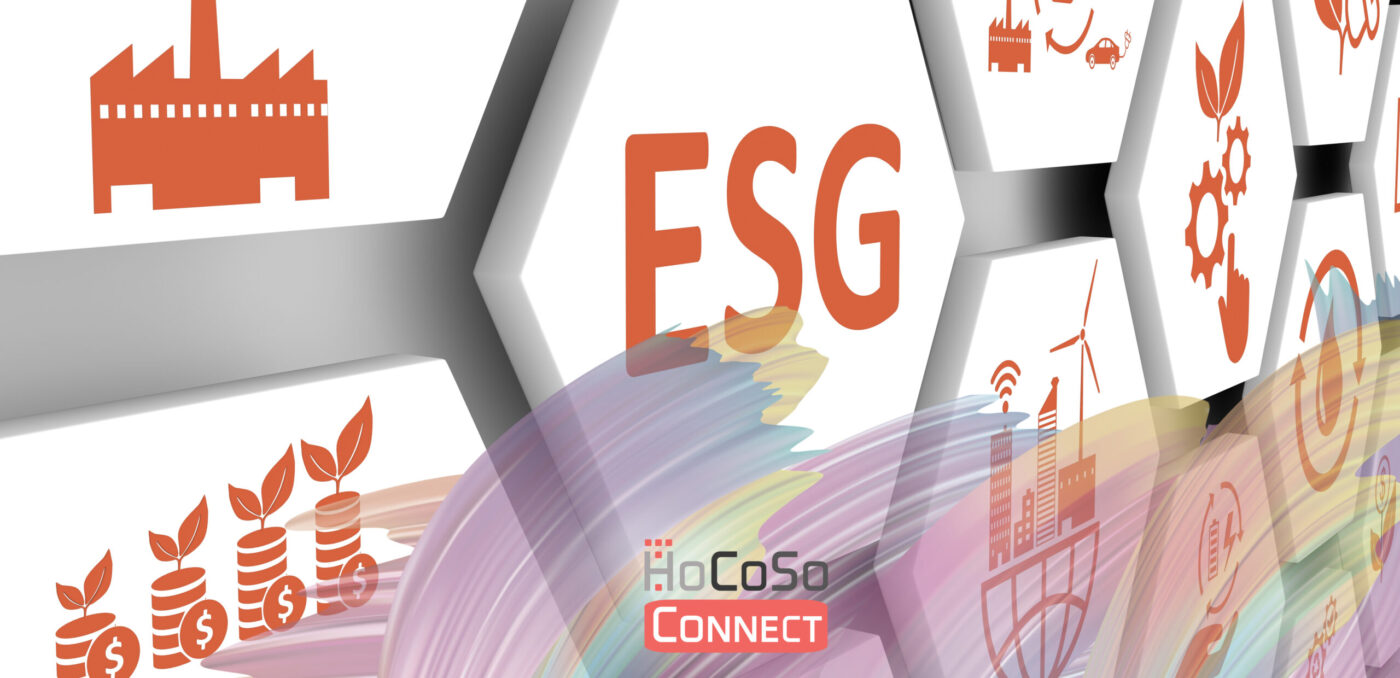
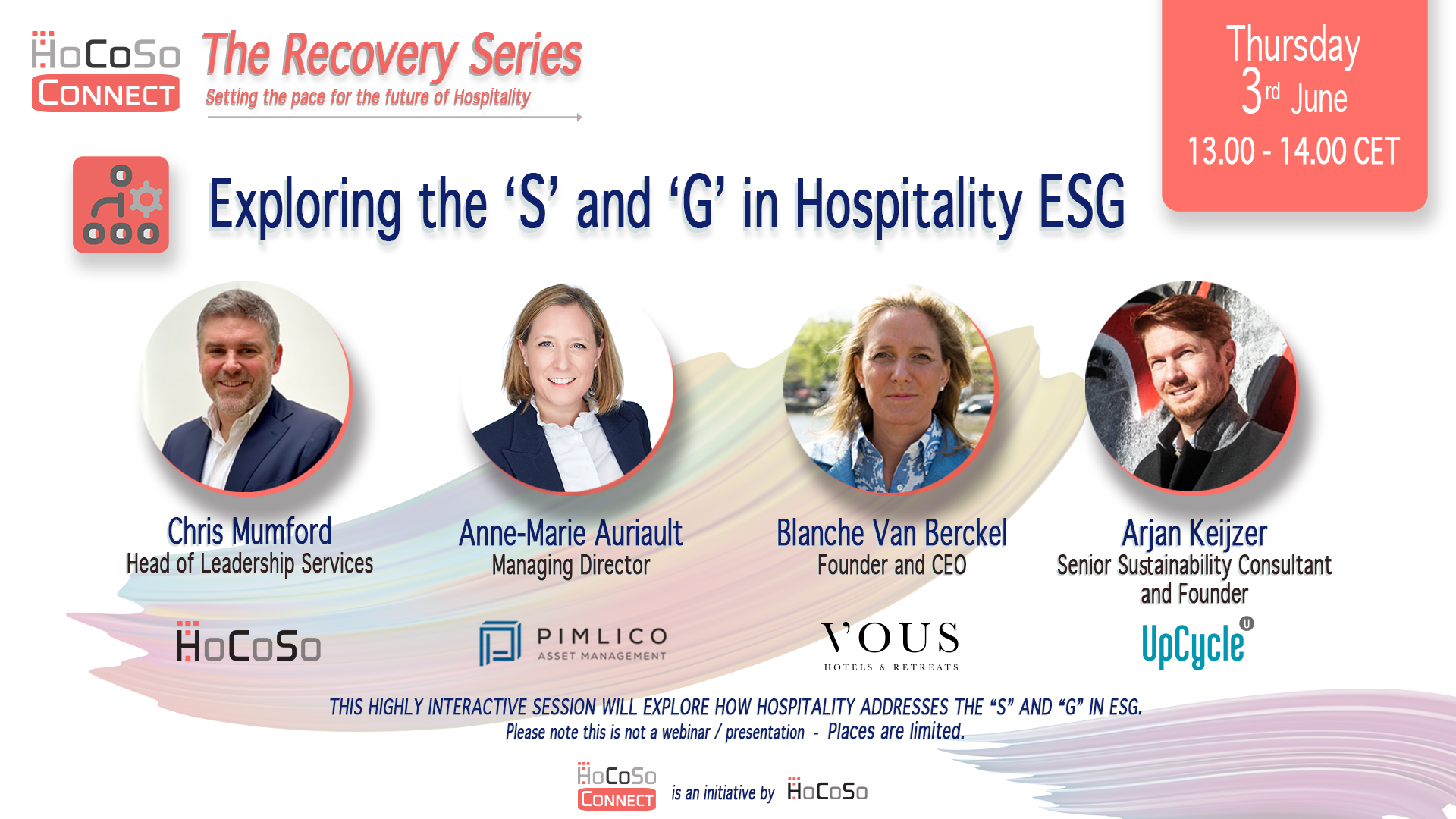
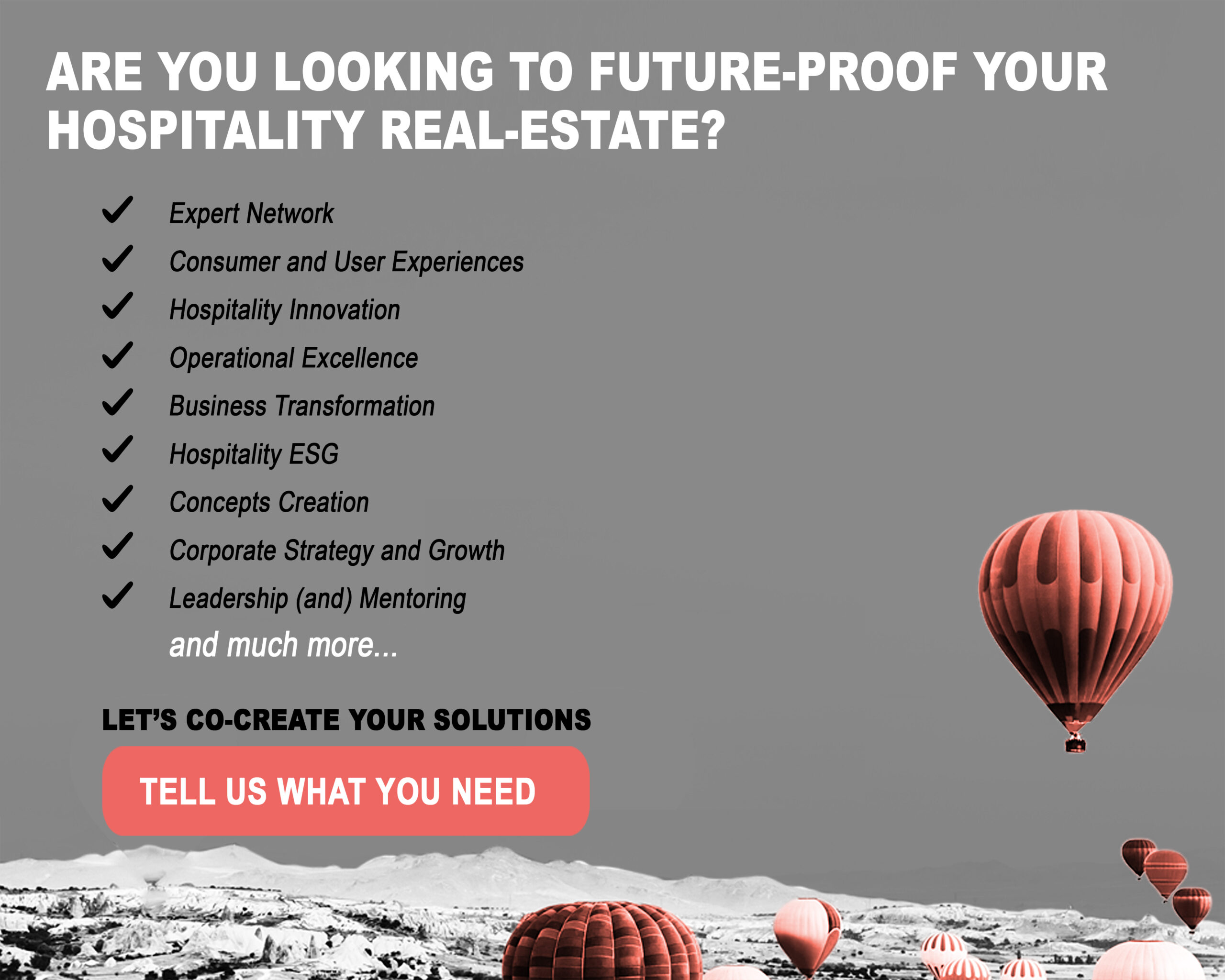

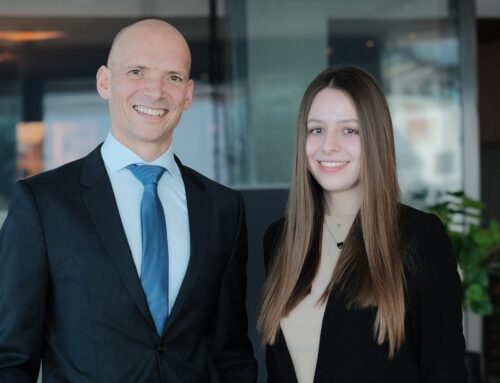


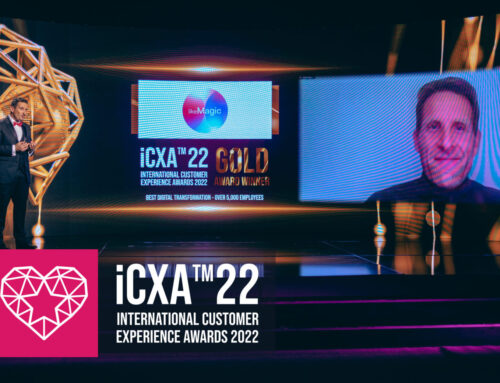
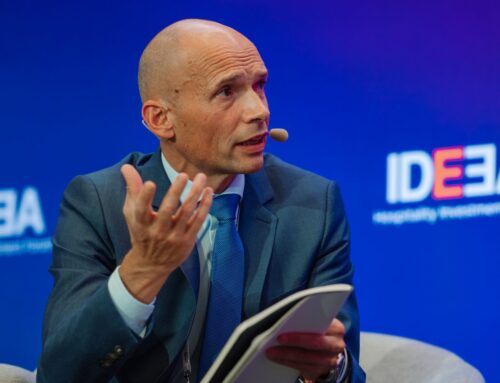
Leave A Comment